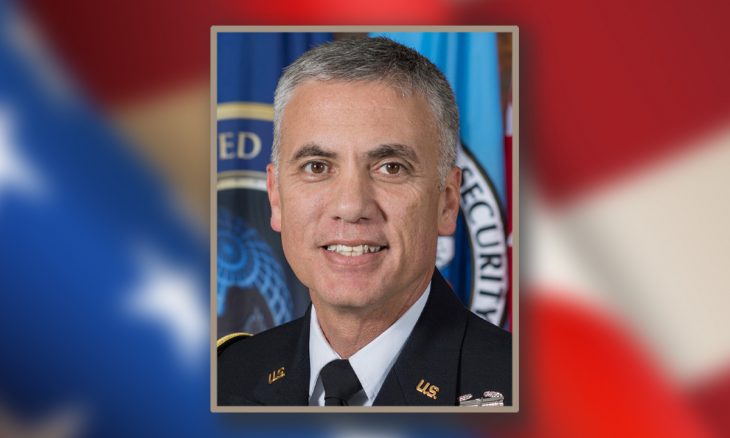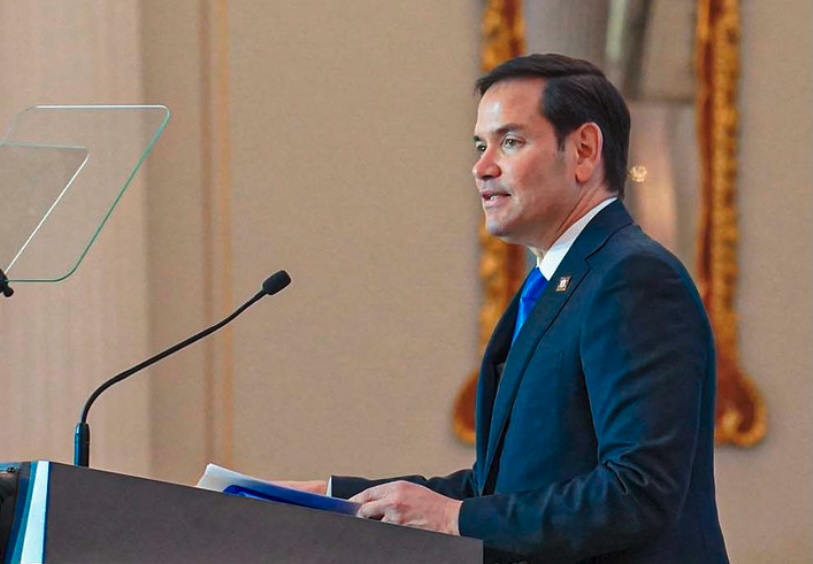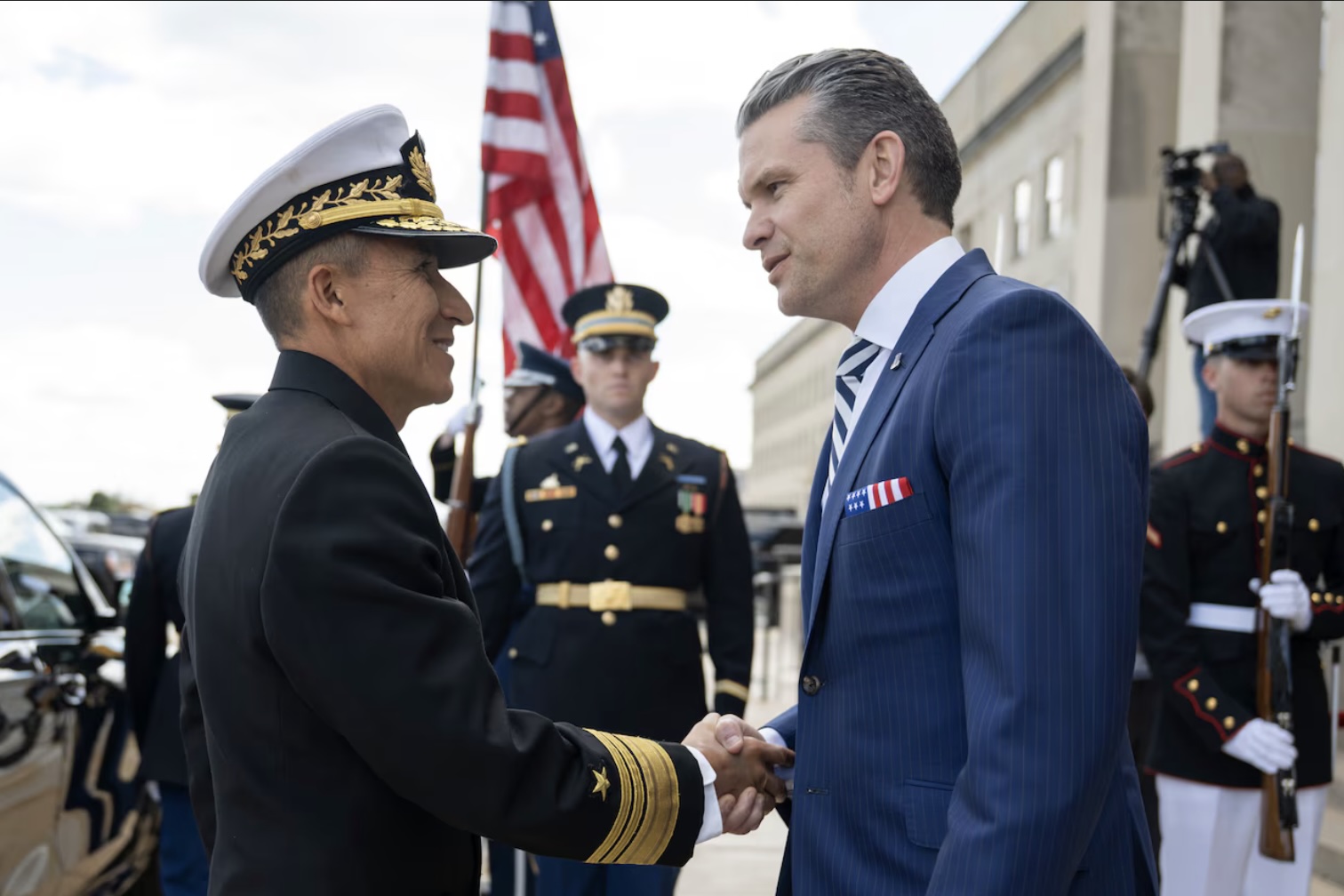General Paul Nakasone
Commander, U.S. Cyber Command
Paul Miki Nakasone was born in November 1963 in White Bear Lake, Minnesota. He earned an undergraduate degree from St. John’s University where he received a commission in military intelligence through the Army ROTC. He also holds an M.A. from the University of Southern California, an M.A. from the National Intelligence University, and an M.A. from the U.S. Army War College. He has also completed other educational opportunities afforded by the military.
He served in foreign assignments in Iraq, Afghanistan, and Korea, and has served as a senior intelligence officer for the battalion, division, and corps levels. He served the Joint Chiefs of Staff as Deputy Director for Trans-Regional Policy. He has held several positions within Cyber Command.
In 2018, Nakasone was unanimously confirmed by the U.S. Senate as Director of the National Security Agency and head of the United States Cyber Command.
He is married and has four children.
In the News…
Part of the work of Cyber Command and other U.S. agencies is to highlight hacking tools allegedly used by foreign intelligence services from Russia, China, Iran, and North Korea, to blunt the effects of their spying operations.
Iran has been engaged in a quiet cyber war with its adversaries, particularly Israel and the United States.
A cyber hacking group widely known as Muddy Water has reportedly attacked both government and private enterprise networks in the Middle East and has also targeted organizations in the United States.
In September 2020, Muddy Water launched a broad ransomware campaign known as Operation Quick Sand targeting prominent Israeli organizations. The attack was identified by an Israeli cyber security firm.
In a statement, Cyber Command said “Muddy Water is a subordinate element within the Iranian Ministry of Intelligence and Security.”
“We are in competition every day,” said General Paul Nakasone, Commander of U.S. Cyber Command. “We had a new strategy that said, ‘Hey, we’re going to operate outside the United States, and we’re going to look for adversaries that might be trying to do us harm. We’re not going to just watch anymore.’ ”









